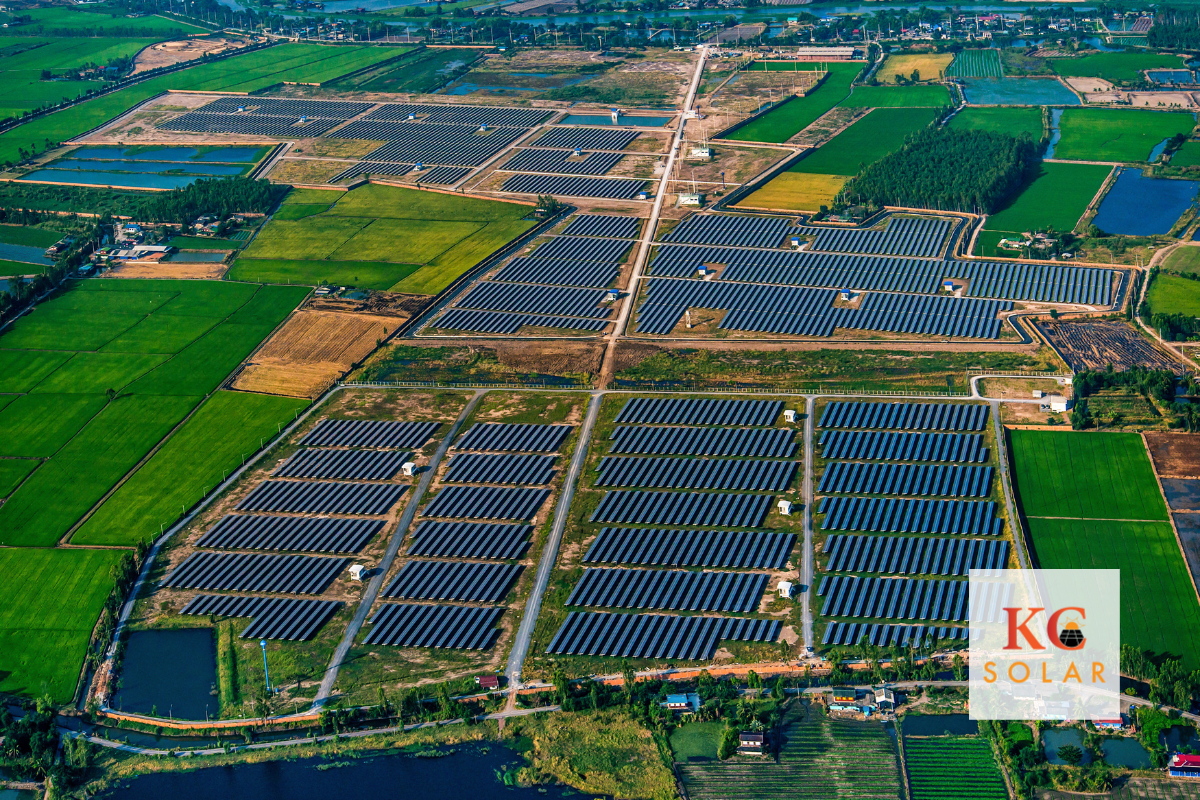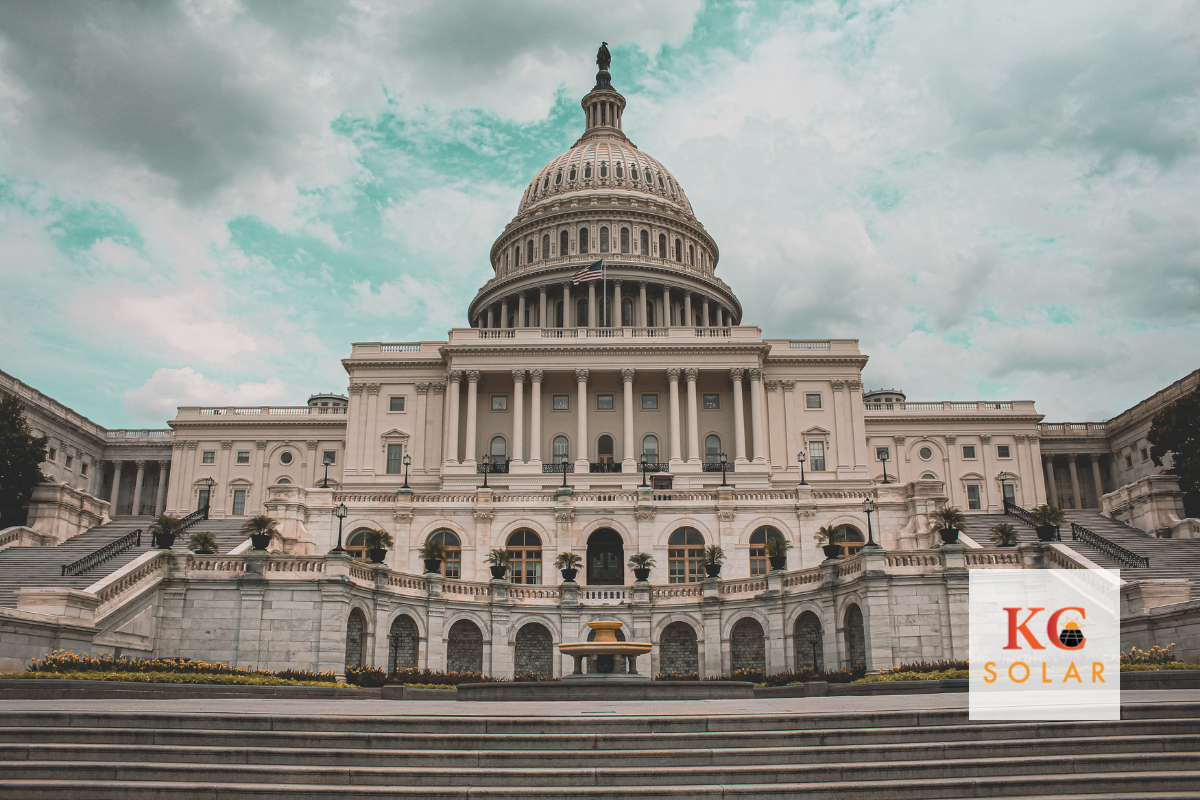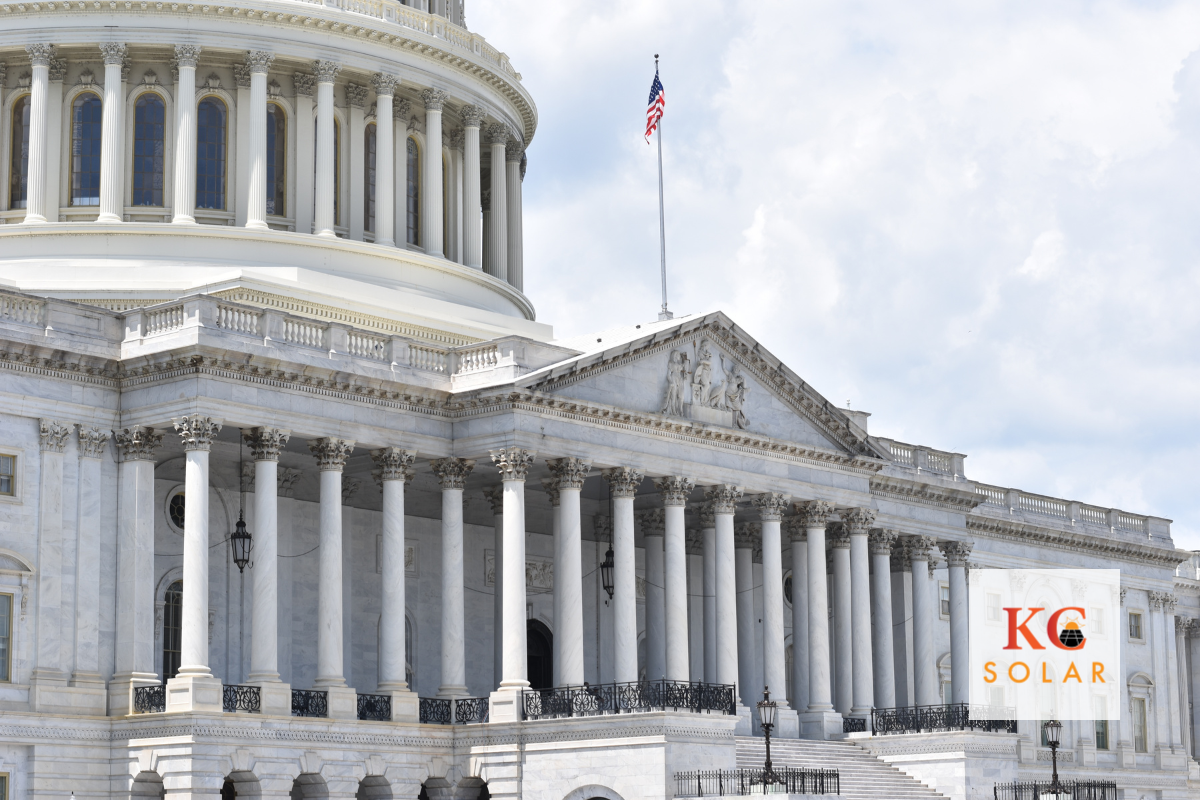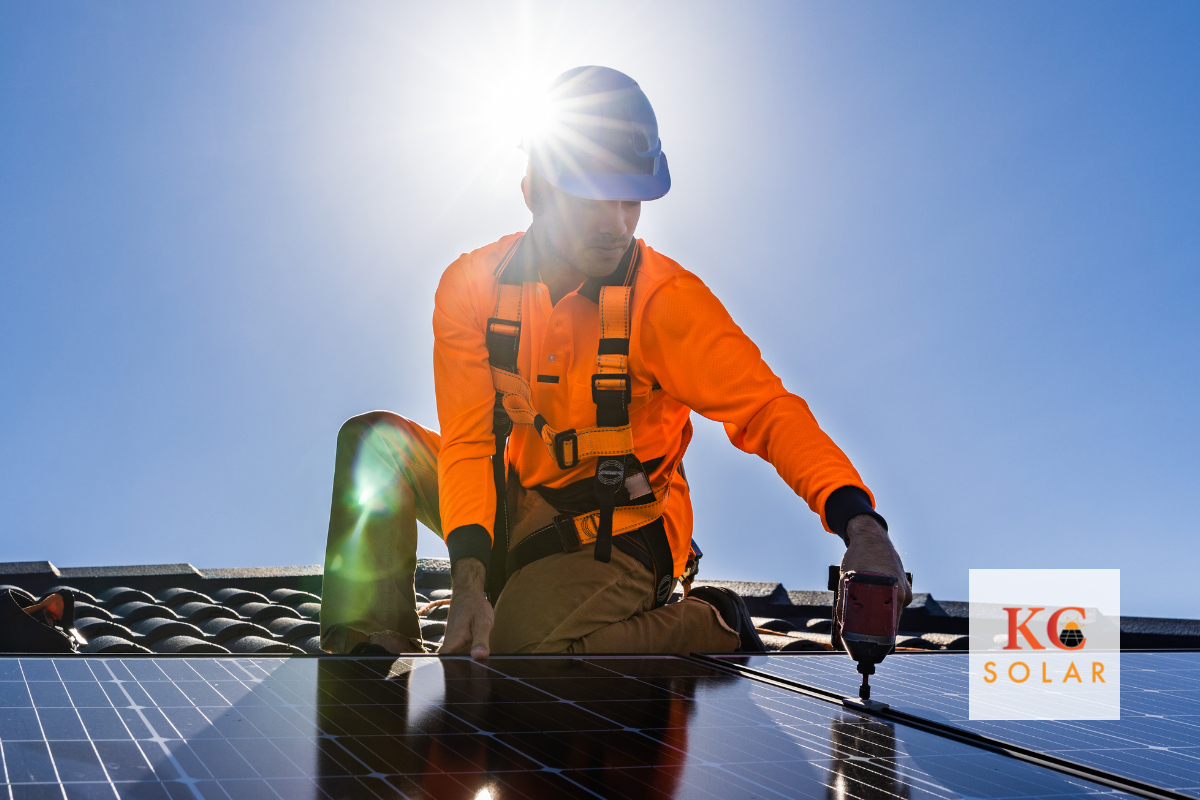With all the press solar panels have received lately — from the new federal solar incentives, to exciting innovations in solar — it’s no surprise that interest is high. But a lot of the time, the focus is on residential or commercial solar installation. What about rural solar panels?
Solar panels in rural areas present a big opportunity for positive impacts. Not only for home and land owners, but for communities themselves. At KC Solar, based in Kansas City, we serve several states with strong rural and agricultural communities, so we know how important it is to ensure rural areas are part of the solar conversation.
Keep reading to learn more about rural solar panel installation.
Are Home Solar Panels Worth it in Rural Areas?
If you live in a rural area, you may not be sure whether it’s worth it to go solar. But the truth is that solar panels can actually be even more beneficial in rural communities compared to their city counterparts.
There are so many reasons for this.
First and foremost, solar panels can provide improved access to electricity, meaning you aren’t relying on a power grid. When you live in a more remote area, you may have an unreliable connection to the grid or an unstable power supply. With solar panels, you can create your own electricity and even store it for later.
And, of course, there’s the fact that solar energy can help reduce energy costs. Who doesn’t like saving money? On top of that, solar infrastructure expanding into rural communities can help create local jobs in a variety of trades — from manufacturing to installation, and more.
These benefits of solar panels are the same, regardless of whether you’re looking at a roof-mounted system or if you have the land for a ground solar array.
But what if you have a whole farm?
Solar Panels and Agriculture, or “Solar Farming”
Here’s where it really gets interesting. Solar farming, or agrivoltaics, involves the practice of growing plants under the shade of solar panels.
Agrivoltaics offers a promising solution for using a single plot of land to serve two purposes: Feeding the increasing world population, and generating renewable energy. This approach renders land more efficient by enabling the coexistence of solar farms and agriculture, rather than pitting them against each other.
In fact, this practice is currently gaining popularity in Israel. Check out this article snippet from Israel21C, an Israeli news source:
“‘As a country globally recognized for solar and agricultural innovation, it’s natural for Israel to take the lead in APV [agri-photovoltaics],” said David Zigdon, CEO of the MIGAL Galilee Research Institute of the Israeli Innovation, Science and Technology Ministry.
Zigdon said studies indicate that agrivoltaics installed on just 1% of arable land could fill global electricity needs.
“We are excited about agrivoltaics’ potential to improve land use, scale the production of clean energy and reduce food shortages – especially given the growing challenges facing agriculture in so many regions.””
The Financial Benefits of Solar Farming
All of that sounds great, right? But if you’re like most people, you probably want to know about one thing… the money.
Fortunately, there are many financial advantages of installing solar panels on farms. Through net metering, for example, farmers are able to use their solar systems as a second source of revenue. In most areas, a process known as “net metering” allows system owners to sell any excess energy they create but do not consume to energy providers in exchange for credits.
Even partial energy independence has enormous advantages for farms and residences. But let’s take a look at the specifics that are unique to solar farming.
Solar panels often run the danger of overheating during the middle of the day, which might result in some of them operating poorly when they are too hot. With agrivoltaics, the solar panels are placed directly above the vegetation and the moisture that it produces.
With the evaporation of irrigated water helping the plants below to grow, this evaporation creates a “localized cooling” in the area which helps the panels to not overheat too quickly. This reduces the heat stress on the panels and boosts their performance.
Looking for more info? Check out this guide to solar farming benefits from the Department of Energy.
Not Sure How To Get Started? Let’s Talk About Rural Solar Panels
If you are looking for the best solar company in Kansas City, look no further than KC Solar. They are your local Kansas City solar panel installation experts. Once you schedule a no-pressure site visit, our experts will help you understand what solar system specifications would be best for your home or business. And exactly how those commercial solar incentives work.
KC Solar is a local company made up of KC natives with KC pride — in our city, and in our work. Which means we’ll always give you the best of ourselves.
And be sure to download our Free Solar Panel Buying Guide for more information.






